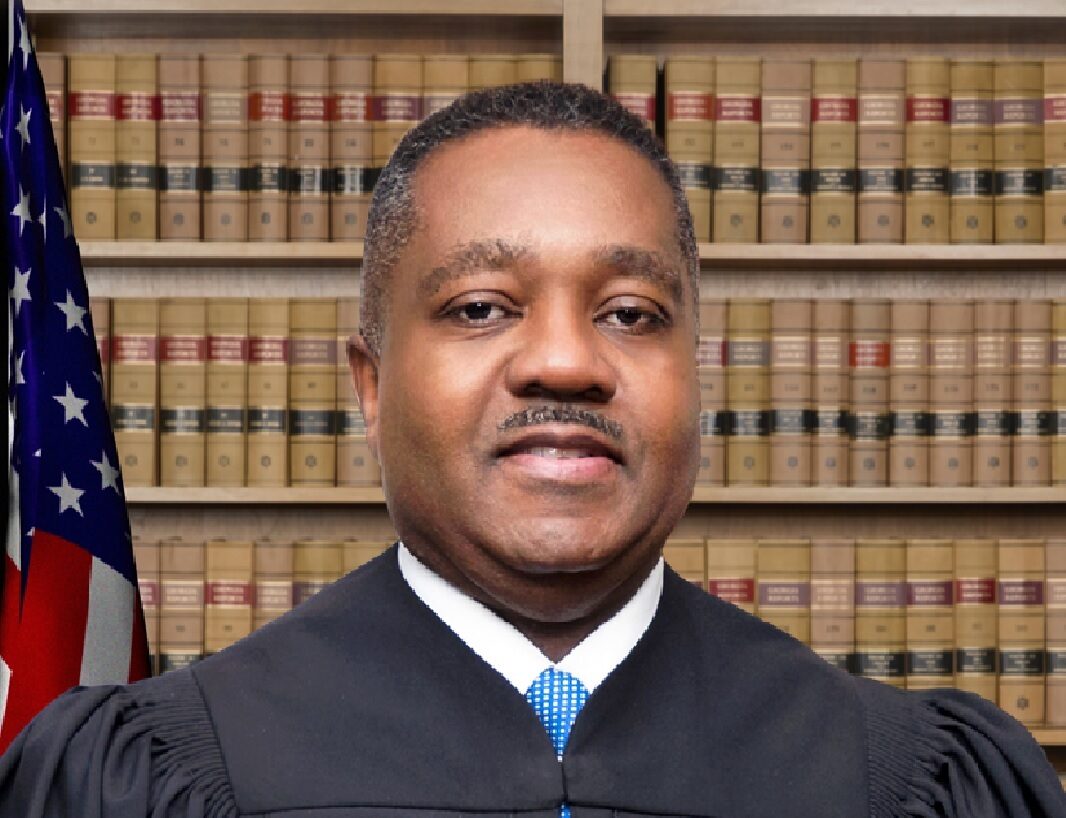As the 2024 election nears, Fulton County Superior Court Judge Thomas Cox vacated seven election laws imposed by Georgia’s State Election Board (SEB), which could result in even more election instability and fraud. The case has also reversed steps including increased signature checks, ballot drop-box monitoring and ballot-counting by hand implemented to provide election transparency and security in light of 2020’s election missteps.
Fulton County Election Fraud and Abnormalities Since 2020
The county of Fulton in Georgia has been the focus of nationwide conversations about election integrity since the 2020 presidential election. All these problems — including the improper cast of absentee votes, absentee ballot count delaying and voter suppression claims at polling locations — have posed a concern for the state’s elections. Indicted for corruption and bad management, the county has had widespread voter discontent since Georgia endorsed President Biden’s victory by just over 11,000 votes.
Signature Validation and Drop Box Monitoring.
One of the more disputed issues in Judge Cox’s decision was the lifting of the SEB’s photo-id and signature-verification requirements on absentee ballots, which were meant to make sure legitimate voters could vote. Georgia’s absentee ballot system was the subject of intense criticism in 2020 when some claimed that a lack of proper verification allowed for forged ballots. Reports from the day stated that thousands of absentee ballots were being processed and not matched, giving grounds for doubt about the integrity of the election.
The court also overturned the rule requiring video monitoring of ballot-drop boxes. The ban came after surveillance footage from the 2020 election in Fulton County was alleged to document ballots arriving on a massive scale in the hours following elections, raising suspicions about voter ID. Even though Georgia’s Secretary of State’s office called some of those accusations conspiracy theories in the later days, those videos prompted doubt among election observers.
The “Hand Count” Needs
Another key rule that the court overturned was the hand counting of ballots at the precinct level. It became a prerequisite for transparency and accuracy, especially given widespread worry about 2020’s voting machines. After the election, there was criticism of electronic vote counts, and some accusations that machines were manipulated or malfunctioned. The hand counting requirement would have added further certainty and mitigated these worries.
Political Impacts of the Court’s Decision
Judge Cox’s ruling is cause for a good deal of debate in Georgia’s politics, where many conservatives are irritated that the security safeguards for elections that they consider vital are overturned. Proponents of the rules maintain that the court’s decision undermines any attempt to restore confidence in the electoral process, particularly given Georgia’s status as a presidential battleground state in which a 2024 presidential election might be decided.
Although the suit’s plaintiffs — the conservative group Eternal Vigilance Action, for example — accused the SEB of exercising its powers by applying the rules without the required legislative approval, opponents say the ruling will be ripe for abuse in counties like Fulton, where elections have already suffered from fraud.
Atlanta election integrity has been in the headlines since 2020, and Fulton County has always been whipped up. This court case does little to ease fears that the state’s election process could be subject to manipulation and fraud.
Sources:

